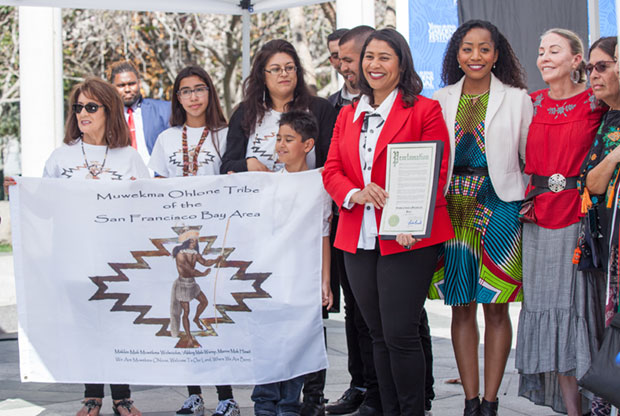Why Federal Recognition Is Important for Native American Tribes
Why Federal Recognition Is Important for Native American Tribes November 2022

When the Europeans first arrived in America, they treated the Natives they met as powerful independent nations – as either allies or potential enemies.Thoserelationships were cautious at first, but when the coloniesstarted to grow and expand, they needed more land, which meantencroaching upon the various settlements and territories of thosenearby Indian Nations and tribes. With increasing contact with the Native Americans, the settlers soon realized that they were not dealing with just one tribe, but confederations, each with their own culture, society,leadership, and way of governance. These factors caused tensions and armed conflicts between the settlers and native tribes which ultimately led to the defeat of these tribal groups as a result of introduced disease, starvation and out right warfare.The end result in some cases was the negotiation of treaties for their land, or, as was often the case,relocation of tribes.The acknowledgment of the existence of individual self-governing tribes came early in this country’s existence.
Inconvenience
Years later, the federal government dealt with each tribe as a sovereign entity because it gave the government the ability to use its strength and resources to overcome the wishes of a tribe and force it to accept the government's terms without involving other tribes. This was repeated time and again until the tribes were pushed into tiny reservations with almost nothing left of their own. However, during the American Revolution and theWar of 1812, the British used the “sovereignty” of the tribes to bring many of them to their side. This was unacceptable to the federal government and a U.S. Supreme Court decision in 1832 conveniently declared the tribes to be “domestic dependent nations”. This robbed the tribes of most of their independence and turned them into subordinate nations that existed at the will of the federal government.
Dependent, Not Sovereign
In the new scenario, the federal government was dealing not with independent nations, but with subordinate states that had little authority over their internal affairs, andwere otherwise bound to accept and follow the conditions imposed on them by the government.The Native Americans could live on the land allowed to them by the government, but only as long as the same government approved how they lived and what they did. Otherwise, so-called Indian wars ensued.
The Need for Federal Recognition
With the growing awareness that Native Americans could not be treated as less-thansecond-rate citizens, the policy of granting “federal recognition” came into being in the latter part of the 19thcentury. Federally recognized tribes are still domestically dependent nations, but their right to self-government and the special status of the land they possess is guaranteed. It is somewhat similar to the relationship between the federal government and the states where the federal government is the central power, but the states have a great deal of autonomy in their internal matters.
The wrongs of the past cannot be undone, but looking ahead, the rights of Native Americans, within the federal framework, can be restored. The only way to do that is to give the tribes federal recognition that will return their rights to them and protect their property. Today, there are over 540 federally recognized tribes but there are still over 400 unrecognized and previously federally recognizedtribes such as the Muwekma Ohlone. Until action is taken in restoring federal recognition to the Muwekma Ohlone tribe and the others, tens of thousands of Native Americans will be denied the rights that are given to others.